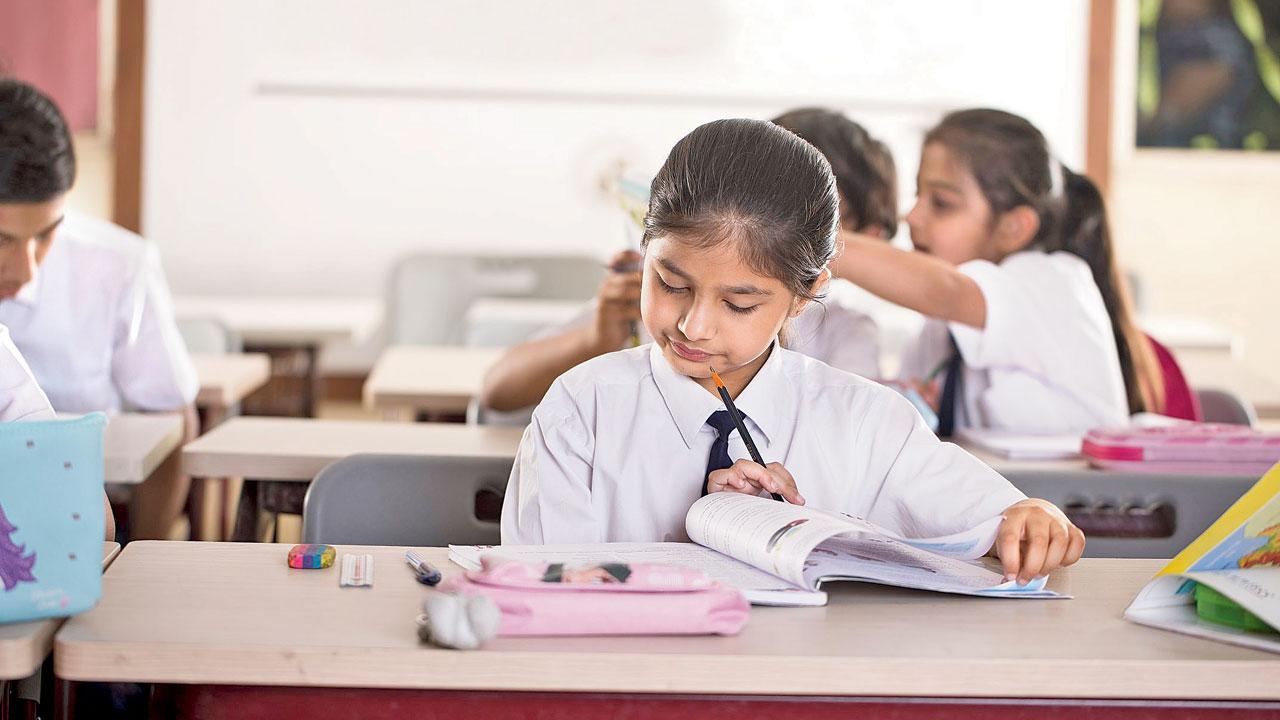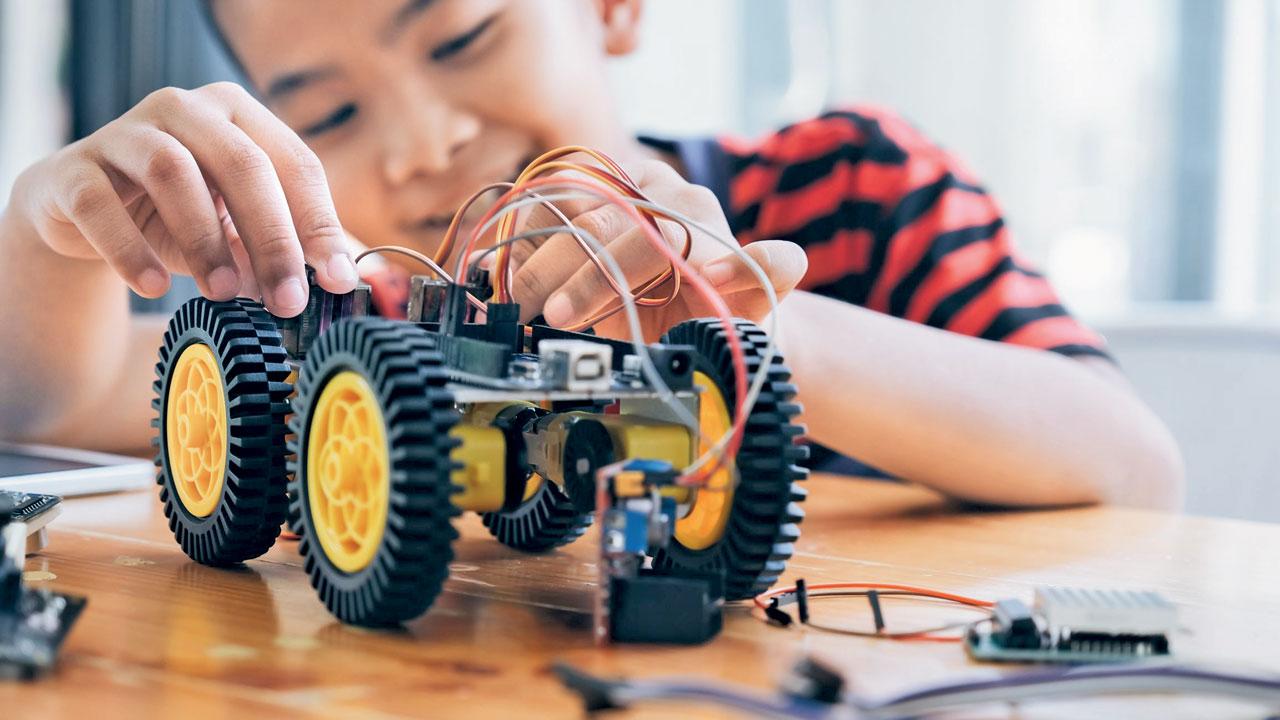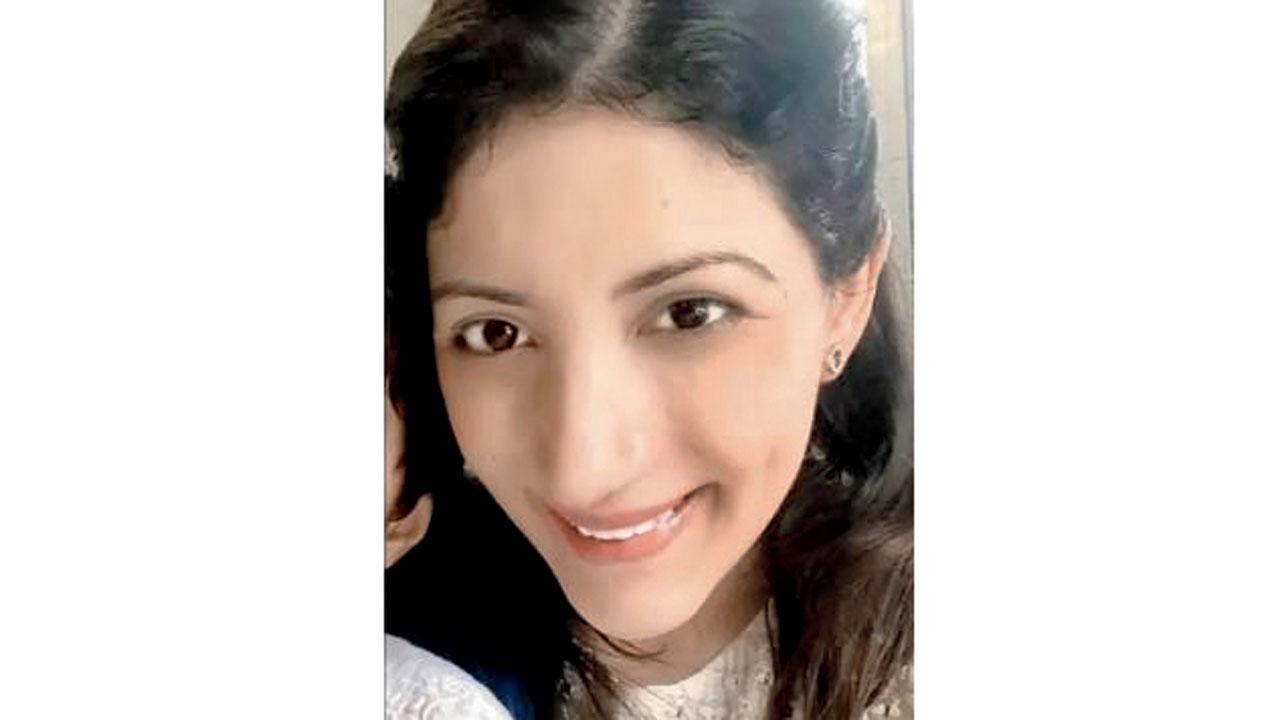After an Indian-American student was added to the world’s brightest list, we look closely at the impact of such recognitions and titles on the overall potential and well-being of young minds

The fear of failure can result in stress, anxiety and burnout in students
Earlier this month, Johns Hopkins Center For Talented Youth named 13-year-old Indian-American Natasha Perianayagam on a list of ‘world’s brightest’ students, that comprised of 15,000 students across 76 countries. But just how beneficial or detrimental can labels and assessment tools be? Three experts decode the subsequent impact on children.
ADVERTISEMENT
Uma Kogekar, CEO of CEQUE — an NGO that works with teachers of government and low-income private schools to establish better pedagogic practices — highlights how such labels can narrow the definition and assessment of brightness and intelligence. Kogekar cites Howard Gardener’s multiple intelligence theory to illustrate her point. The theory suggests traditional measures of intelligence lack the scope to gauge the full range of a person’s abilities. The theory suggests these measures include musical, logistical and mathematical, bodily-kinesthetic, inter and intra-personal, spatial-visual interpersonal, linguistic and verbal intelligence, naturalistic, and existential intelligence.
 Teachers and parents should focus on the journey of learning experiences in the classroom, where critical thinking and developing of a perspective and one’s own voice is encouraged
Teachers and parents should focus on the journey of learning experiences in the classroom, where critical thinking and developing of a perspective and one’s own voice is encouraged
If it’s accepted that two individuals excel at different abilities, we must also acknowledge that success within the same field or a subject is defined differently for each individual. This is where Kogekar highlights a shift in perspective, from focusing on the endpoint and over-emphasising grades to the journey of learning where effort, learning experiences in the classroom, leadership, critical thinking skills and collaboration with peers are recognised. This, she believes, will send a powerful message to the student community. “We need to move away from having only one way to address the competence of children, towards a more holistic assessment,” she professes.
The demerit of an unhealthy focus on grades that further determines university admissions is rote learning. Kogekar counters, “Instead, students must be encouraged to bring in their own distinct voices in what they write and learn to express their thoughts and retain their creativity instead of boxing them into a certain way of doing things. Teachers and parents should pose open-ended questions to allow them to think critically and use their creativity to find solutions and develop a range of skills alongside a unique personal worldview.”

It’s important to move away from assessing and addressing the competence of children through only one way
But do academic labels serve any purpose in setting children up for future success? Two child psychologists agree that when navigated properly — where encouragement and not pressure is the key focus along with the overall well-being of the child — a title may prove beneficial. Riddhi Doshi Patel, child psychologist and parenting counsellor, notes that while it may not work for everyone, we see children playing out titles attributed to them. She explains, “When a child is called the brightest, smartest or fittest, they may feel motivated to keep up with that title. People also often look back on a moment in their childhood when someone helped them identify their strengths as the main reason that pushed them to do better every day.”

Uma Kogekar
Payal Narang, child psychologist and blogger, points out the potential of labels, when navigated carefully, to recognise that people can have different interests and qualities. For instance, she shares, “No one is good at everything. For instance, one child may be great at football, the other at Mathematics. It doesn’t mean that one is better than the other, they just have different qualities.”
Narang adds that labels may also be useful in setting meaningful goals for kids and helping them improve their skills over time.
Look for the signs
Two child psychologists highlight the negative impact of such titles, and how parents can work their way around them.

Payal Narang
>> Labels that limit
Although labels sound affirmative, they could add pressure on the child to keep up, leading to peer competition and even, rivalry. Labelled kids also feel bad when they fail because to them failure is a non-existant concept and winning is inevitable. A failure results in low self-confidence, esteem issues and heightened stress levels, burnout, confusion, anxiety and depression.
>> Pointers for parents
Parents should ensure that their comments and appreciation for the child are genuine and without the ulterior motive of pushing the child to meet their expectations. It is also crucial that parents have conversations with children about failures and setbacks as part of life’s journey. Let the child know that they need not prove themselves to anyone, and that they are their own competition. Merely teaching a child to focus on the destination decided by others may lead to unwanted circumstances.
- Riddhi Doshi Patel

Riddhi Doshi Patel
>> Fear of failure
It is not always possible for children to meet every expectation. In the face of failure, they may develop a fear of losing others’ admiration unless they achieve the same standard of excellence. This in turn can limit the child’s chance to explore other aspects of their personality. The child is conscious and stressed about the fact that they need to meet those standards everytime in a single area. When it comes to education, activities, play and talent, remember — let kids be kids!
- Payal Narang
Read More: International Epilepsy Day: Misconceptions and how Covid-19 affects the disorder
 Subscribe today by clicking the link and stay updated with the latest news!" Click here!
Subscribe today by clicking the link and stay updated with the latest news!" Click here!







